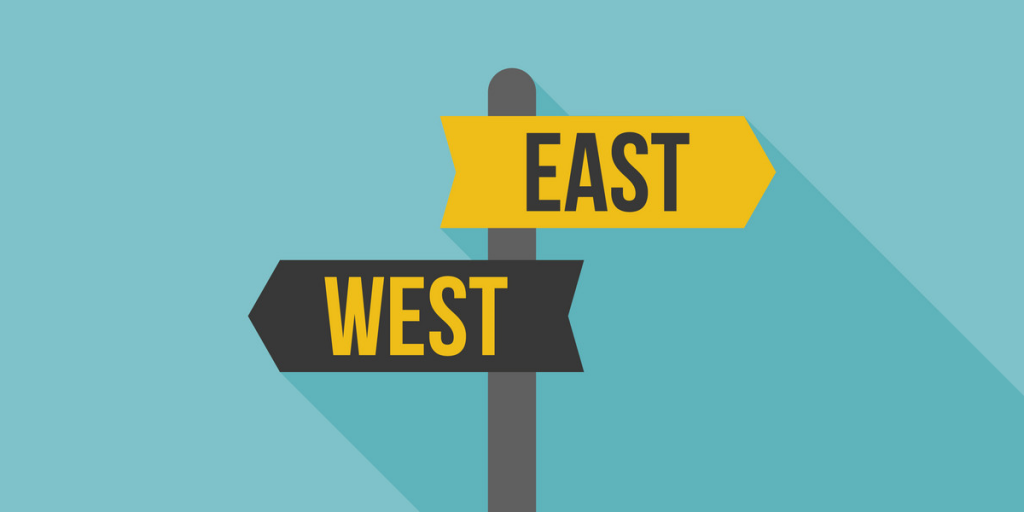Social Integration
Like any relation, it is the effort from two or more sides, that results in understanding. One of the most common reasons for opposing migration, a separate topic but very much related to integration, is a difference in culture, religion, and day-to-day practices. Both sides believe that their way of life, their values and morals trump the others; this is what creates the issue of social integration.
“A process where members of a given society, regardless of their cultural or religious diversities, set for themselves a compelling group-solidarity and a strong bond of cohesion, the achievement of which provides an avenue for national development.” 1
There isn’t one country that has the upper hand, or a proven way of how social integration can be achieved but, small pockets of communities spread across the world have developed unified practices in trying to achieve this goal. Migrants may require language classes to get by day to day without having to rely on another person.2 More urgently, refugees may require faster integration as they flee their home countries, and not by choice. These are people who had stable jobs, homes, cars, access to services the day before only for it all to be taken away and to land in a foreign country with no direction. In 2015, the spotlight was on Germany. Hundreds of thousands of refugees fled their war-torn countries and ex-chancellor Merkel decided to give shelter. As a result of her decision, a plethora of organisations were formed to help assimilate and integrate refugees into German society. Yes, many were still sceptical but looking back, there are successes to be taken from it and lessons learned from prior history.3
Yet, when we talk about integration in Britain, there’s still some way to go. Yes, Britain is a diverse country with various nationalities and cosmopolitan cities, but tensions are still high, and a battle of values and culture still ensues. Extremes on both sides, as per, set the tone for the public discussion; right-wing groups such as the short-lived EDL and the steadier National Front and Britain First parties. There is little discrimination in who they choose to discriminate against so at least there is some understanding of equality. Their opposition are the likes of Anjam Chaudhary and his followers, Al-Muhajiroun4. Hatred of the Islamic East vs hatred for the Christian west, head-to-head battles between these sides have been commonplace this century yet the so-called moderates, us normal folk who disagree with both sides, are left to pick up the pieces and inherit the simple task of explaining what real Islamic values are and how we don’t ascribe to a neo-quasi-Islamist agenda; very simple and not mundane in the slightest.
There’s no better source to turn to than the original when understanding the true teachings. Social integration is mentioned in both the Qur’an and the Hadith.
“And worship Allah and associate nought with Him and show kindness to parents and kindred and orphans and the needy and to the neighbour who is a kinsman and to the neighbour who is a stranger and the companion by your side and the wayfarer and those whom your right hands possess. Surely, Allah loves not the arrogant and the boastful.” 5
“The best of companions in the sight of Allah Almighty is the best of them towards his companion, and the best of neighbours in the sight of Allah is the best of them towards his neighbour.” 6
There is no specification of what race, ethnicity or religion ‘neighbour’ refers to. Muslims believe Islam to be a universal religion and its commands and teachings to be of a universal nature. There are, without doubt, verses that instruct Muslims to not partake in practices that take them away from Islamic teachings and beliefs but that doesn’t mean that the absence of enjoining is to abuse, oppose and become vitriolic towards non-Muslims.
“O humanity! Indeed, We created you from a male and a female, and made you into peoples and tribes so that you may get to know one another.” 7
The 1970s saw mass migration of South Asians to Britain, who settled predominantly in East London and Yorkshire. The dilemma they faced was figuring out how to impart culture and religion from the homeland onto the next generation who were being raised in a different environment, a British environment with British values. A desire to stay away from so called British values and stay rooted in Islamic teachings led to tensions still in existence today. Muslims were then ridiculed and abused for not letting go of their Islamic values 8; wearing the headscarf, for example, contradicted British values. Where the contradiction lies, I’m not so sure but… Boris Johnson referring to Muslim women as letter boxes didn’t open any doors for integration but had the opposite effect. 9
There is dual responsibility which rests on both sides. “Achievement of social integration requires principles to be set, accessible to everyone on relatively equal bases, which should be based on respects, responsibilities, rights and justice.” 10 The head of the worldwide Ahmadiyya community has shed light on social integration over the past decade not just for Muslims in Britain but across Europe 11 and the Western world.
“Firstly, a basic Islamic principle is that where a Muslim aspires to live peacefully, he must also endeavour to provide peace and security to others … It requires every Muslim to live peacefully and to contribute to their society.” 12
Being an asset to the country of residence in a progressive manner is achievable whilst still retaining ones cultural and religious identity. Too often do we see pockets of communities that have segregated themselves from society longing to go back to their country (I mean… if it bothers you to the extent of wishing for a mini-Pakistan in another country…PIA does run regular flights!) This builds a bubble, a thick layer of separation and more importantly, muddies the path to social cohesion. It is incumbent on both local citizens, migrants and even first generation-ers to promote and show examples of social integration and social cohesion. Small acts of kindness, simple discussions that wipe away misconceptions go a long way in building community ties. Britain is a multicultural country, with a multicultural history. For someone to want Britain to be an Islamic country clearly doesn’t understand the religious freedom that Britain offers and for those who oppose the Islamisation of Britain, I’m totally with you! But just take a step towards learning what it means to be British and to hold British values. It’s a little bit of everything from all around!
Blog based on Voice of Islam Show 13
References:
- https://www.ijern.com/journal/2015/July-2015/25.pdf
- https://www.cgdev.org/blog/five-years-later-one-million-refugees-are-thriving-germany
- https://www.dw.com/en/germans-less-skeptical-of-immigration/a-60801783
- https://www.bbc.com/news/uk-england-london-57878910
- The Holy Qur’an, Surah An-Nisa, verse 37
- Al-Adab Al-Mufrad, Book 6, verse 115
- The Holy Qur’an, Surah Al-Hujarat, Verse 13.
- https://www.aljazeera.com/features/2019/4/23/the-british-asians-who-fought-fascism-in-the-seventies
- https://www.bbc.com/news/uk-politics-45083275
- https://www.ijern.com/journal/2015/July-2015/25.pdf
- https://www.alislam.org/library/books/Islam-and-Europe.pdf
- https://www.alislam.org/articles/muslim-migrants-integration/
- Soundcloud





